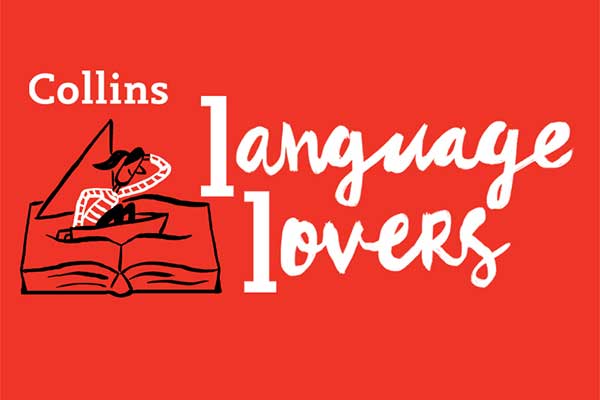Last month, this month and the next two are great for practising Latin numerals, as you do: septem, octo, novem, decem (7, 8, 9, 10). But hang on a moment. Decem means ‘ten’, but December isn’t the tenth month.
Or is it?
Well, it was once, in the original Roman calendar, attributed to Rome’s co-founder, Romulus. And European horology has lived with the misnomer ever since. That original calendar had only ten months, the year began in March (after Mars, the god of war) and the months we now know as July and August were the fifth and sixth, quintīlis and sextīlis, leading on to the seventh, September.
‘Oh, it’s a long, long while from May to December’ in the words of the classic croon. But these potentially dispiriting days of autumn and early winter can be turned to good account by supporting the several charities who attach their name to a given month.
I’m not sure when this started – possibly with December being AIDS Awareness Month – but now this beneficial trend is firmly established. Social media plays a large part in the success of any charity-linked month in different ways. Some organisations, like Alcohol Change (‘Dry January’), send morale-boosting emails to encourage you to last the course. (Those emails certainly helped me.) At the same time, letting your friends on social media know you are doing something for charity can help strengthen your own resolve. Making your sacrifice for the greater good might also inspire others. And even that good old capitalist driver competition can be directed to a noble end, as people vie to raise as much as they can for their preferred cause.
Sober October
October in particular has many themes. It can be ‘Sober October’ if you wish to back Macmillan Cancer Support by not sullying your lips with alcohol for a calendar month. An alternative appeal to disburse for cancer comes in the shape of ‘Pinktober’, the name often given to Breast Cancer Awareness Month (founded 1985) whose uplifting colour is pink for hope.
To give free rein to your artistic bent rather than your altruism, you could take part in ‘Inktober’, founded in 2009. Just post a drawing once a day, every other day, or once a week. The site calls those the ‘marathon’, ‘half-marathon’ and ‘5K’ respectively and thus challenges participants to surpass their expectations.
If your draughtsmanship, like mine, developed little beyond age five, you could, of course, throw artistic expression to the winds and plump for ‘Spooktober’. The name is inspired by Halloween falling on the last day of the month. Other than tweeting or retweeting spooky memes, I’m not sure how you take part.
And then there’s ‘Socktober’ in the US in which citizens are urged to donate socks (and other garments) to the homeless. Not to mention the NHS’s more downplayed, less razzamatazz (I had to look up the spelling) ‘Stoptober’, that is, making October the month when you give up ciggies.
And the days dwindle down…
After multifarious October we come to hirsute ‘Movember’. The ‘Mo-’ part refers to ‘moustache’. Supporters are challenged to grow a moustache to raise funds for, and awareness of, projects dedicated to promoting men’s health – mental as well as physical. Given that men tend to be less likely to discuss their intimate health openly, this themed month plays a vital role in combating ignorance and raising awareness.
With ‘Pinktober’, ‘Inktober’, ‘Stoptober’, ‘Socktober’ and ‘Movember’ we’re in the unhallowed realm of portmanteaus – the shunting of two existing words together to create a new one, a technique by which many words are produced these days. Whether they are successful is a matter of opinion. The term and hashtag #pormantNO exist for portmanteaus that make you wince. IMO, there’s a lot to be said for the uncomplicated rhyme of ‘Sober October’.
Personally, I’m mostly looking forward to a differently themed month. It’s called December, or, in Old English Ærra Gēola, ‘Before Yule’ or ‘First Yule’.
By Jeremy Butterfield
Jeremy Butterfield is the former Editor-in-Chief of Collins Dictionaries, and editor of the fourth, revised edition of Fowler’s Dictionary of Modern English Usage.
All opinions expressed on this blog are those of the individual writers, and do not necessarily reflect the opinions or policies of Collins, or its parent company, HarperCollins.



